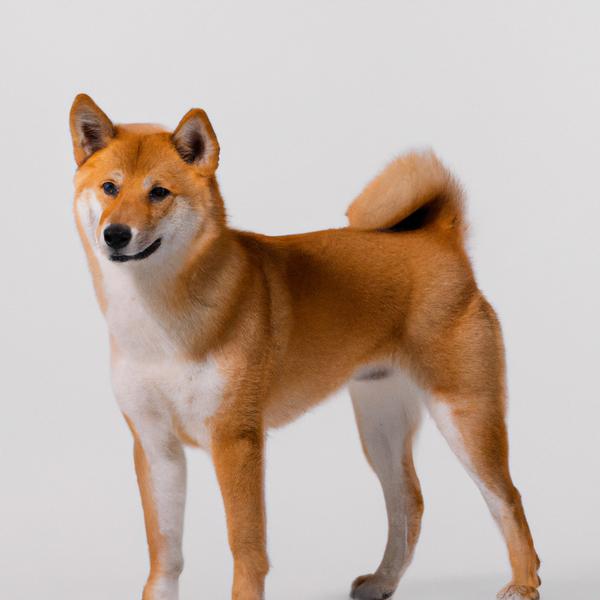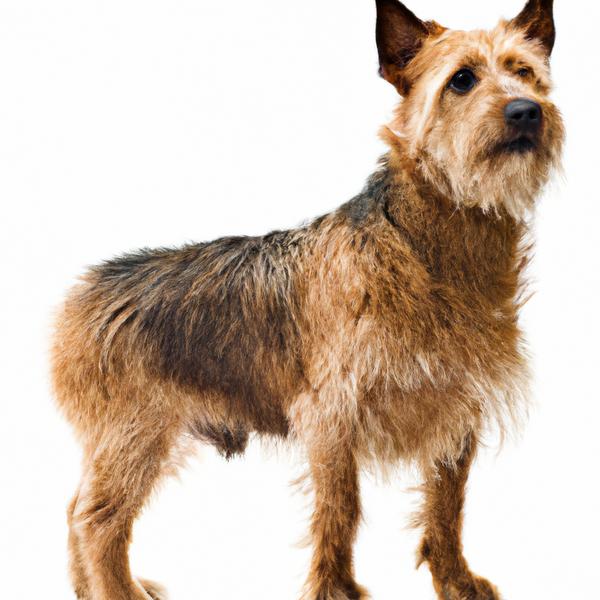Shibadox vs. Rustralian Terrier: Breed Differences and Similarities
Hypoallergenic
Are Shibadoxs or Rustralian Terriers hypoallergenic, or neither?
Unfortunately, neither Shibadox nor Rustralian Terrier are hypoallergenic, which may not make them the best choice for dog lovers who suffer from pet allergies.
Temperament
What are the personalities of Shibadox and Rustralian Terrier dogs?
Playful
Stubborn
Alert
Courageous
Confident
Devoted
Lively
Going
Fearless
Keen
Faithful
Clever
Charming
Stubborn
Independent
Energetic
Alert
Courageous
Intelligent
Loyal
Outright
Tempered
Companionable
Spirited
Cheerful
Shedding Level
Do Shibadoxs shed more than Rustralian Terriers, or which breed sheds more, Shibadoxs or Rustralian Terriers?
Shibadox or Rustralian Terrier dogs are not heavy shedders, but they will lose a significant amount of hair each year. To decrease the amount of shedding, you can regularly brush your Shibadox or Rustralian Terrier. This will remove loose hair and keep their coat growing in the same direction.
Ancestry
What are the origins of Shibadox and Rustralian Terrier breeds?
Shiba Inu, Dachshund
Jack Russell Terrier and Australian Terrier
Date of Birth
When were Shibadox and Rustralian Terrier breeds first developed?
Unknown
1990s
Eye Color Possibilites
What are the eye colors of Shibadox and Rustralian Terrier dogs?
Brown
Brown
Amber
Nose Color Possibilites
What are the natural nose colors of Shibadox and Rustralian Terrier?
Black
Brown
Black
Coat Color Possibilites
What are the natural colors of the coat for Shibadox and Rustralian Terrier breeds?
Black
Brown
Red
Fawn
Sable
White
White
Brown
Red
Sable
Black
Fawn
Coat Length
What is the typical coat length for Shibadox and Rustralian Terrier breeds?
Shibadoxs have coats that can be either short or medium in length.
Rustralian Terriers have medium-length coats.
Coat Density
What is the density of the coat of Shibadox and Rustralian Terrier?
Coat Texture
What is the hair texture of Shibadox and Rustralian Terrier?
Straight
Wiry
Litter Size
What is the usual litter size for Shibadox and Rustralian Terrier?
Shibadox and Rustralian Terrier, can have a litter of 4-8 puppies each on average. Nonetheless, it's important to keep in mind that litter size can differ significantly between individual dogs. Various factors such as the mother's health, breeding history, and genetics can have an impact on litter size.
Adaptability
Shibadox and Rustralian Terriers are known for their adaptability and versatility. They are capable of adapting well to a wide range of lifestyle changes and living environments, making them great companions for families and individuals of all lifestyles.
Health Issues
Between Shibadox and Rustralian Terrier, which breed is more prone to health problems?
While the Shibadox breed is generally healthy, occasional vet check-ups are still necessary to address any health concerns.
Rustralian Terriers typically have low vet costs due to their good health, but it's important to monitor their health and seek vet care when necessary.
Major Concerns
What are the major health concerns for Shibadox and Rustralian Terrier breeds?
Hip Dysplasia
Intervertebral Disc Disease (IVDD)
Patellar Luxation
Lens Luxation
Legg-Calve Perthes Disease
Minor Concerns
What minor health issues should be kept in mind when owning Shibadox and Rustralian Terrier?
Cataracts
Von Willebrand's Disease
Hypothyroidism
Bladder Stones
Progressive Retinal Atrophy (PRA)
Deafness
Allergies
Occasional Tests
What occasional tests are recommended for Shibadox and Rustralian Terrier breeds?
Eye Examination
Radiographs
Complete Physical Examination
Thyroid Panel
DNA for VWD
Urinalysis
Complete Blood Profile
Optical Examination
Full Physical Examination
Ear Tests and Myringotomy Tests
X-rays or other radiographic imaging
Eye and Otoscopic Examination
Social Needs
Shibadox vs Rustralian Terrier social needs comparison
Shibadox and Rustralian Terrier have above average social needs compared to other breeds. They thrive in environments where they have a lot of interaction with humans and other dogs.
Sleeping Need
Which of the two sleeps the most/least: Shibadox or Rustralian Terrier?
Shibadoxs have moderate energy levels and typical sleep patterns of 12-14 hours per day.
Rustralian Terriers are active and require sufficient sleep to stay healthy.
Mouthiness
Mouthiness Comparison: Shibadox vs Rustralian Terrier?
Roaming urge
Shibadox vs Labrador: Running away tendency?
Prey Drive
Shibadox or Rustralian Terrier - which breed has a higher level of prey drive?
Activity Level
Which breed has higher energy, Shibadoxs or Rustralian Terriers?
Shibadoxs are medium-energy dogs and typically enjoy socializing and playing casual or even sustained games of chase with other dogs. They may also have occasional periods of barking or racing around the house.
Rustralian Terriers are high-energy dogs. They need mental as well as physical exercise. These dogs require a lot of your involvement and without it they can, and will, become problematic dogs.
Tolerance of being left alone
Walks per Week
How many miles should Shibadox or Rustralian Terrier walk each week?
Shibadox and Rustralian Terrier generally need a minimum of 7 miles of walking per week, but it can be increased as long as they are comfortable with it.
Activity per Day
Do Shibadoxs or Rustralian Terriers require more exercise?
In general most Shibadoxs usually need at least 30 minutes of exercise daily. This can be spread across the day and include all sorts of high-energy activities, like walking, running and playing.
In general most Rustralian Terriers usually need at least 40 minutes of exercise daily. This can be spread across the day and include all sorts of high-energy activities, like walking, running and playing.
Grooming
Which breed is easier to maintain in terms of grooming, Shibadoxs or Rustralian Terriers?
The Shibadox has low grooming needs and is easy to maintain.
The Rustralian Terrier requires an average amount of grooming compared to other breeds.
Brushing Frequency
What is the recommended brushing frequency for Shibadox and Rustralian Terrier dogs?
Shibadox and Rustralian Terrier should be brushed at least once a week. Of course, you can give them more frequent brushes if you find that they are still shedding a lot.
Brushing Tools
What brushing tools are used for Shibadoxs and Rustralian Terriers?
Pin Brush
Slicker Brush
Deshedder
Nail Clipper
Slicker Brush
Comb
Deshedder
Nail Clipper
Cups
How much food should be given to Shibadox or Rustralian Terrier in cups?
Shibadox and Rustralian Terrier share the same recommended daily food intake of 1 cups, although the appropriate quantity may vary depending on the quality and nutritional content of their food.
Daily Cost
Which breed has a higher daily cost, Shibadox or Rustralian Terrier?
The average cost of a Shibadox is somewhere $1.40 - $1.70 per day.
The average cost of a Rustralian Terrier is somewhere $1.40 - $2.80 per day.
Monthly Cost
Which breed has a higher monthly cost, Shibadox or Rustralian Terrier?
The average per month expenses of a Shibadox is between $42 - $49. This makes an average of $504 - $588 per year. It will be on the higher side when the dog is still small because it will need more frequent visits to the vet, shots.
The average per month expenses of a Rustralian Terrier is between $35 - $45. This makes an average of $420 - $540 per year. It will be on the higher side when the dog is still small because it will need more frequent visits to the vet, shots.
Sensitivity Level
How do Shibadox and Rustralian Terrier compare in sensitivity?
This breed is sensitive and requires gentle handling and a calm home environment.
Rustralian Terriers have average emotions and adapt well to different situations.
Apartment Friendly
Which breed is more apartment-friendly: Shibadox or Rustralian Terrier?
Shibadoxs make excellent apartment dogs, being fairly active indoors and not requiring a yard.
Rustralian Terriers can do well in apartments with enough exercise and time outside, but a small yard would be ideal.
Child Friendly
Do Shibadoxs or Rustralian Terriers have a friendlier temperament towards children?
Shibadoxs have an average level of friendliness towards children.
Rustralian Terriers are good with kids if socialized and trained from a young age.
Senior-friendly
Which dog is more suitable as a pet for the elderly - Shibadox or Rustralian Terrier?
Cat Friendly
Do Shibadox or Rustralian Terrier breeds have a better compatibility with cats?
Shibadoxs are average in their friendliness toward cats and tend to do well with them, especially if raised together.
Rustralian Terriers are somewhat cat friendly and can be trained to get along with cats.
Dog Friendly
Which breed is more sociable with other dogs: Shibadox or Rustralian Terrier?
{Shibadoxs and Rustralian Terriers are average friendly towards other dogs. If they are raised with other dogs, they are likely to get along with them. And, if they are socialized properly from a young age, they will usually be great with other dogs.
Pet friendly
How do Shibadox or Rustralian Terrier dogs interact with other pets?
Stranger Friendly
Which breed is more friendly with strangers: Shibadox or Rustralian Terrier?
Shibadoxs are quick to announce strangers and can be standoffish or suspicious.
Rustralian Terriers are averagely friendly around strangers but benefit from early socialisation.
Playfulness
Which breed is more playful between Shibadox and Rustralian Terrier?
Shibadoxs have an average level of playfulness, enjoying playtime like most dogs but not excessively so.
Rustralian Terriers are very playful, so adopting an older one might be a better option for a more relaxed experience.
Trainability
How do the trainability levels of Shibadoxs and Rustralian Terriers compare?
Shibadoxs are usually easy to train but require consistency to fully obey commands.
Rustralian Terriers are popular for their ease of training and quick learning ability.
Compare Shibadox with other breeds
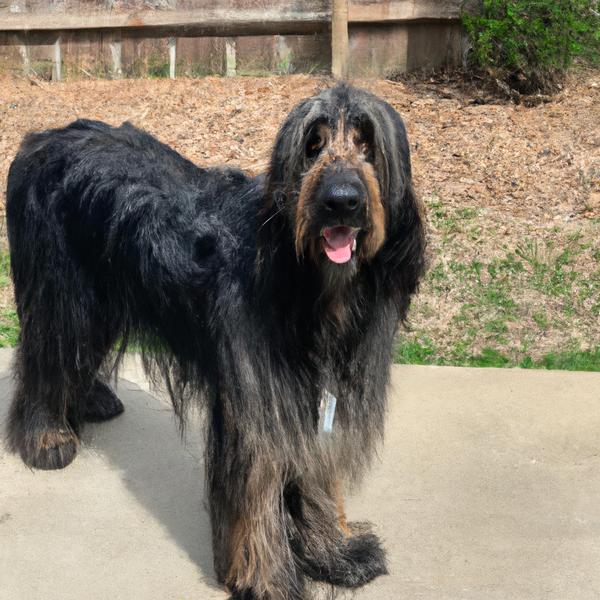
Black and Tan Coonoodle
Shibadox vs Black and Tan Coonoodle
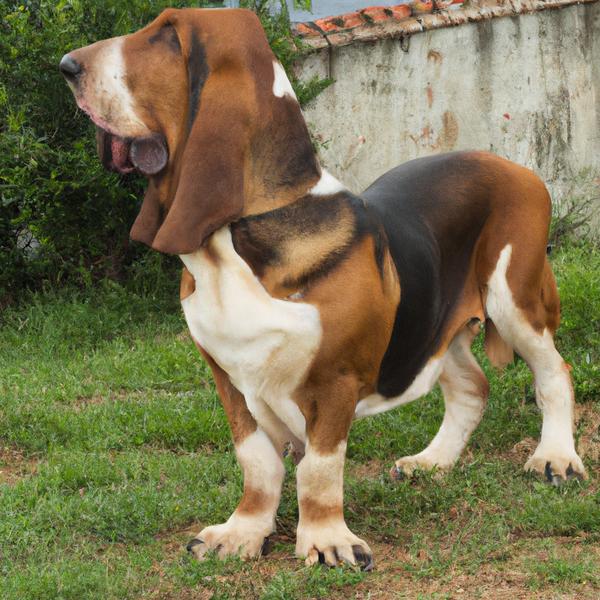
Basset Shepherd
Shibadox vs Basset Shepherd
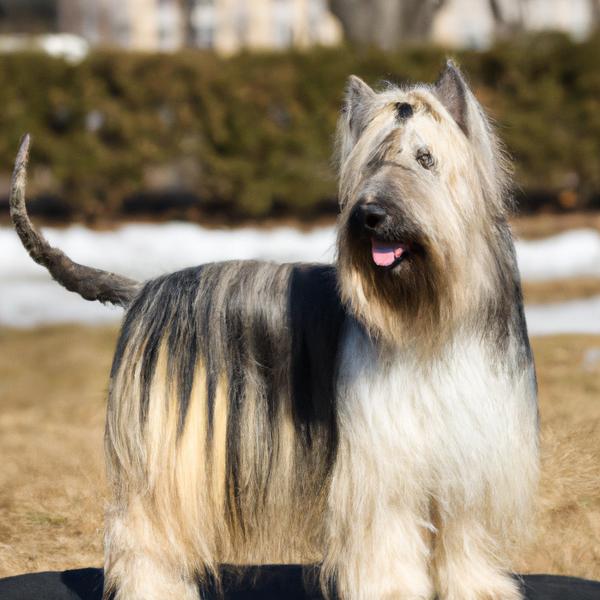
Skye Terrier
Shibadox vs Skye Terrier
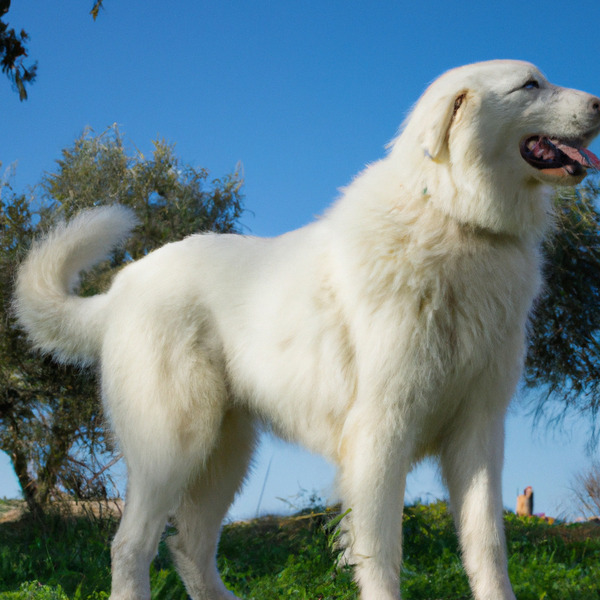
Maremma Sheepdog
Shibadox vs Maremma Sheepdog
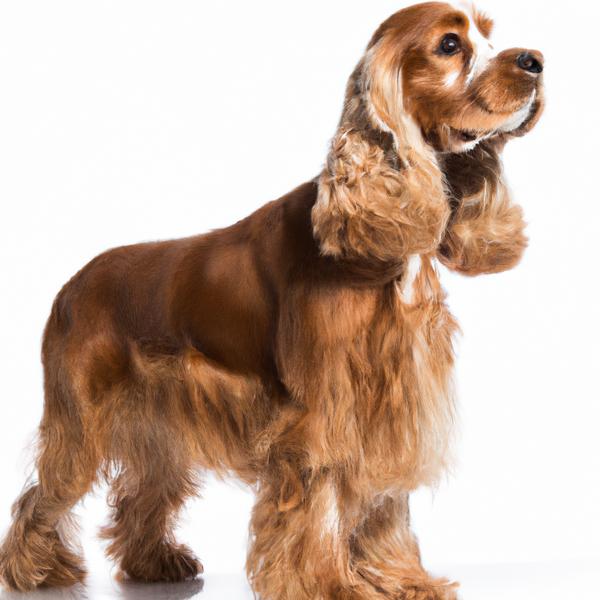
English Toy Cocker Spaniel
Shibadox vs English Toy Cocker Spaniel
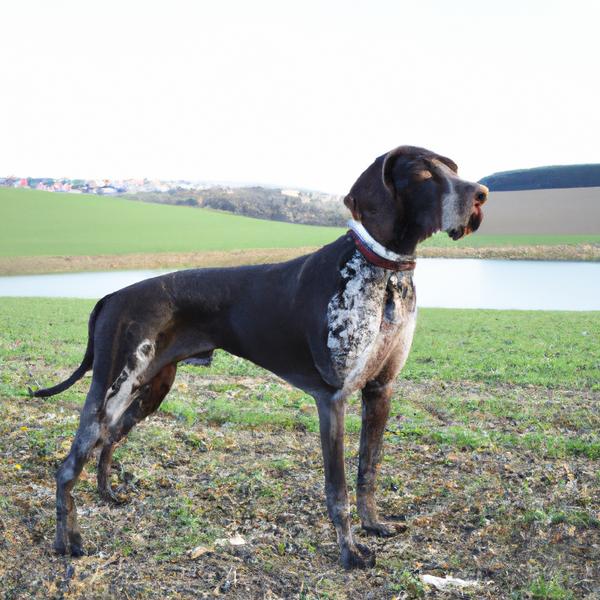
German Hund Pointer
Shibadox vs German Hund Pointer
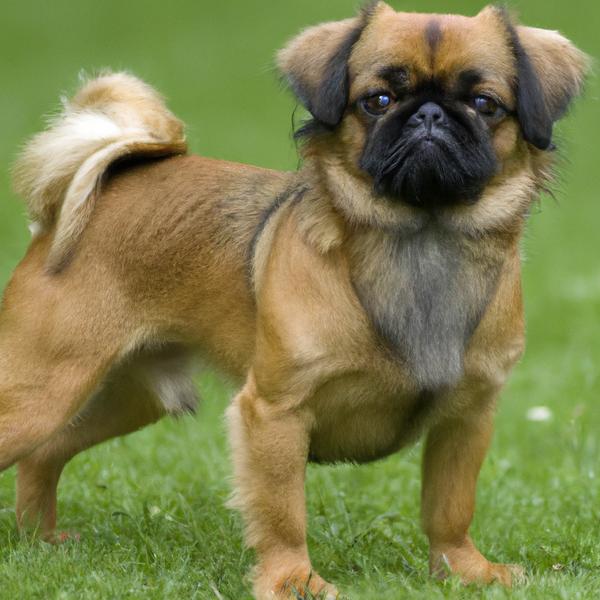
Schnekingese
Shibadox vs Schnekingese
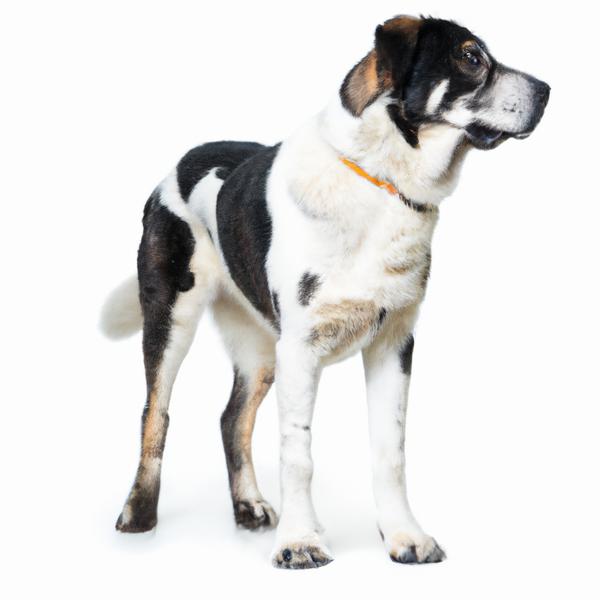
Alaskan Malador
Shibadox vs Alaskan Malador
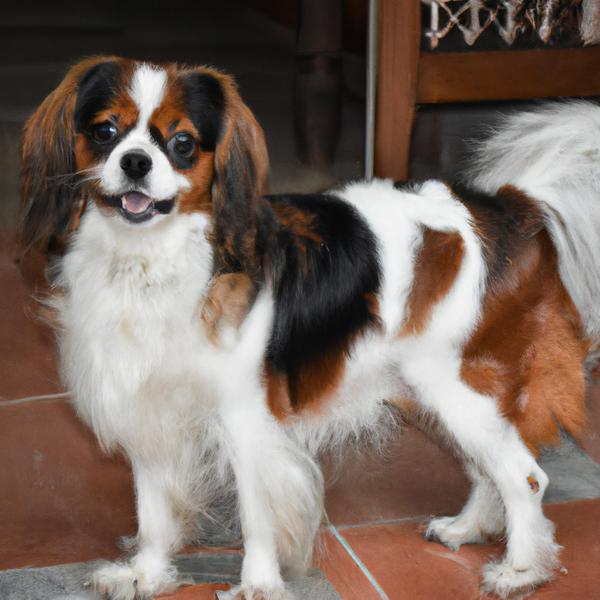
Papeagle
Shibadox vs Papeagle
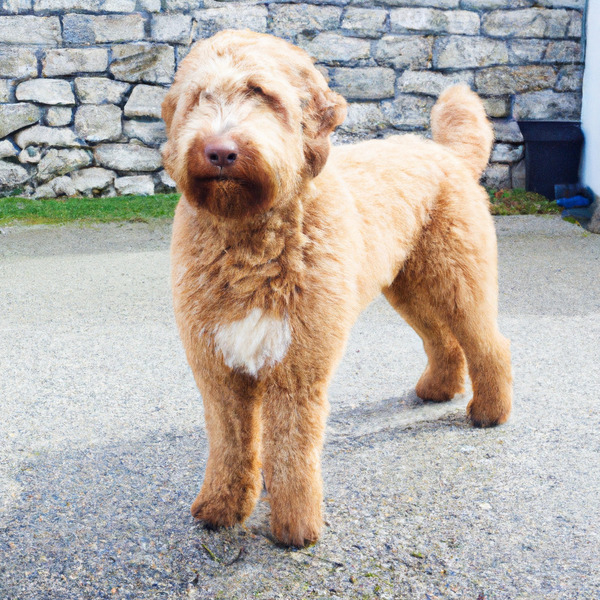
Irish Doodle
Shibadox vs Irish Doodle
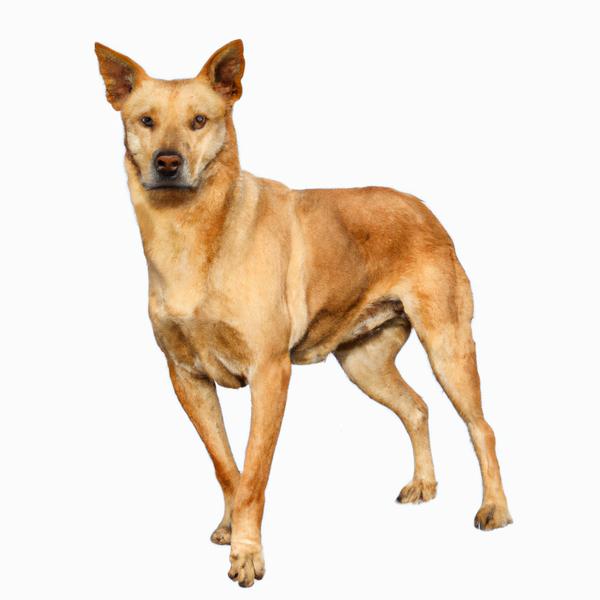
Cairanian
Shibadox vs Cairanian
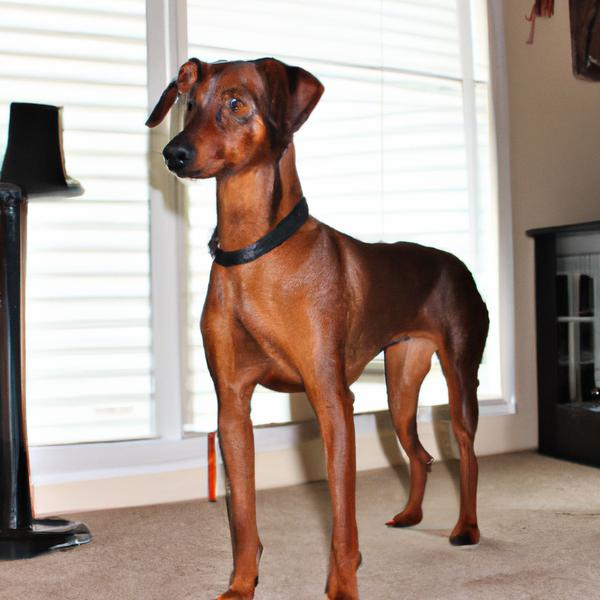
Patterbea
Shibadox vs Patterbea
